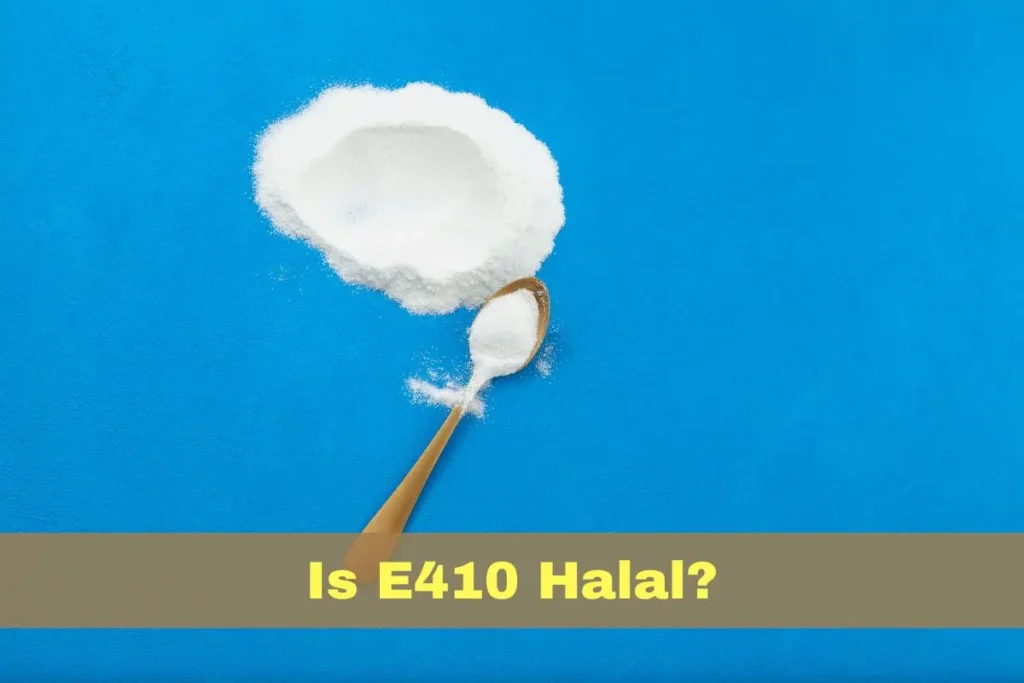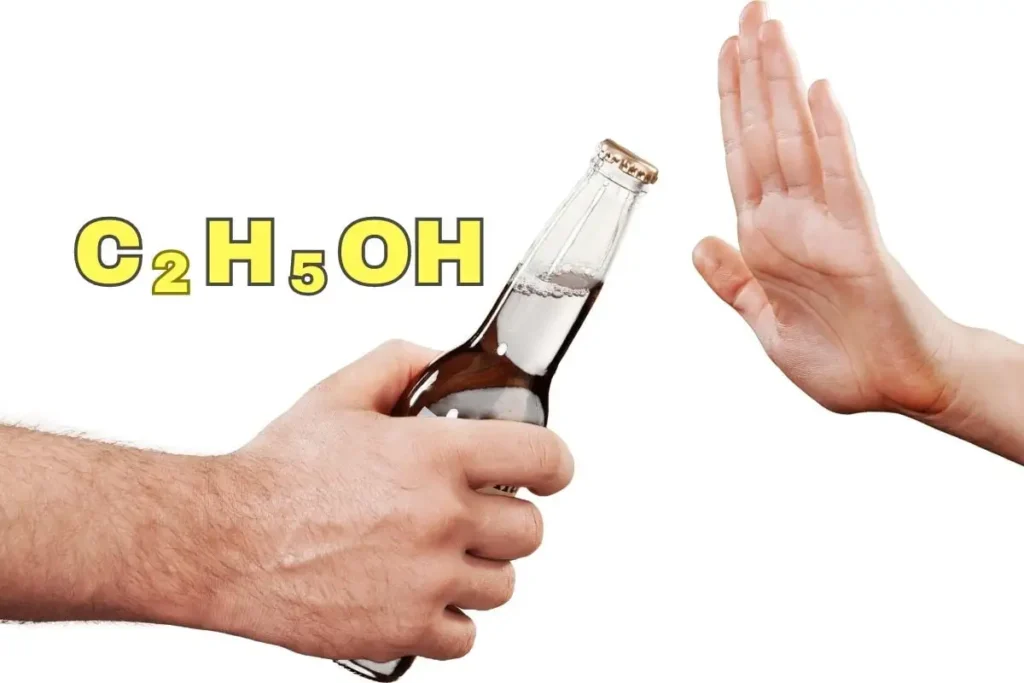Key Takeaways
Ever found yourself curious about the halal status of E410 in Islamic dietary practices? Join us in this exploration where we unravel the origins, applications, and religious verdicts of E410. Let’s uncover whether it’s a halal delight or a dietary dilemma!
| 📌 E410 Source: E410, also known as Locust Bean Gum, comes from the seeds of the carob tree found in the Mediterranean regions. |
| 📌 Halal Status: Locust Bean Gum (E410) is considered Halal for consumption by Muslims because it is derived solely from tree seeds using non-animal methods. |
| 📌 Safe Usage: E410 is generally safe for consumption when used within legal limits, as assessed by major regulatory organizations. It is commonly found in foods like yogurts, desserts, baked goods, ice cream, and sauces, enhancing their texture and quality. |
What is E410?
Locust bean gum, denoted by E410, functions as a thickening and stabilizing agent in foods. It increases viscosity through hydration to form smooth gels and emulsions.
Chemical Structure
Composed mainly of D-galactose and L-rhamnose sugars with branch linkages, locust bean gum is a polysaccharide soluble in cold water forming viscous colloids.
What Is E410 Made From?
E410 derives from the leguminous seed of the carob tree (Ceratonia siliqua) through selective physical extraction methods. These evergreen trees grow around Mediterranean regions.
Possible Side Effects
Food safety organizations judge it safe in permissible amounts. While rare, some reports exist of mild GI issues at excessive doses beyond regulated limits.
Regulations and Guidelines
Authorities like the U.S. Food and Drug Administration and European Food Safety Authority permit its use under Good Manufacturing Practices.
Dosage and Administration
The dosage and administration of E410, also known as Locust Bean Gum, varies based on its intended use in food products. According to Special Ingredients Europe, the recommended dosage rates for Locust Bean Gum range from 3 to 11 grams per kilogram.
It is advised to add Locust Bean Gum gradually to the liquid or solution while stirring vigorously. The gum is soluble in cold water but dissolves more easily in hot liquids, providing the highest viscosity when heated above 60°C.
It is important to store Locust Bean Gum in dry, cool conditions and not in direct sunlight, and to use it within 6 months of opening.
Is E410 Halal or Haram?
Considering locust bean gum derives solely from tree seeds through non-animal techniques, Islamic jurists judged it halal and allowed for Muslim consumption from foods.
Find out more:
Is E407 Halal or Haram?
Is E412 Halal or Haram?
Conclusion
In summary, E410 sources from sustainable carob tree extraction to improve product qualities safely. Leading agencies greenlight its responsible usage. Most religious experts deem locust bean gum permissible according to Islamic dietary laws.
Allahu A’lam (Allah Knows Best)
FAQ
What is the source of E410?
The carob (Ceratonia siliqua) tree native to Mediterranean regions.
Is E410 safe for consumption?
Major regulatory organizations assess it as safe when properly utilized within legal limits.
What are some common food products that contain E410?
Yogurts, desserts, and baked goods frequently list this stabilizing ingredient. Here are some more specific examples of common food products that may contain locust bean gum (E410) as an ingredient:
- Ice cream – It adds texture and prevents ice crystals from forming.
- Pudding – Thickens pudding mixtures and allows them to coat the back of a spoon.
- Sauces – Gives sauces a thick, glossy appearance and helps ingredients blend smoothly.
- Soy milk – Acts as an emulsifier similar to gum Arabic in plant-based milk alternatives.
- Cheeses – Locust bean gum is sometimes used in place of animal-derived rennet to solidify vegan cheese.
- Meat substitutes – Binds ingredients together in structured vegetable protein foods.
- Gravies – Thickens gravy mixes and prevents fat/water separation for a rich mouthfeel.
- Jams/jellies – Stabilizes fruit spreads so they don’t weep or become runny over time in storage.
What is the CAS number of E410?
The Chemical Abstracts Service registry number is 9000-40-2.
Is E410 banned in any country?
No, but some places regulate allowable quantities contextually in select foods.
- Is Pop Tarts Halal? What You Need to Know - February 18, 2024
- Are Graham Crackers Halal in Islam? - January 19, 2024
- Is Keebler Wheatables Halal? - January 18, 2024





